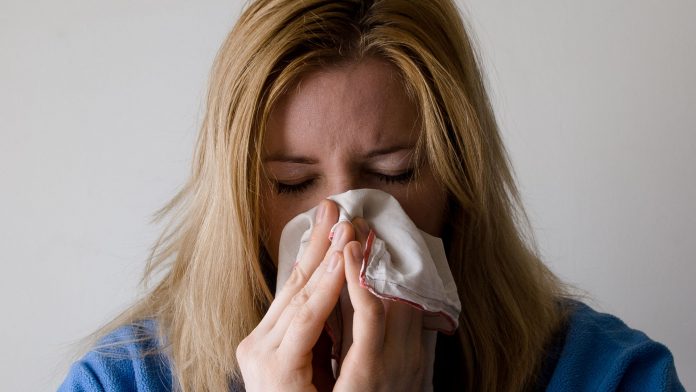
New research from the University of Chicago, US, has shown that immune history with the flu has a direct influence on a person’s response to the influenza vaccine.
The effectiveness of the influenza vaccine over the past few years has been questioned, following a high number of so-called ‘Aussie flu’ cases causing deaths across the globe.
Also, in 2012-13, the H3N2 component of the flu vaccine was effective in only 39% of people, which public health officials believed was due to adaptations in egg-grown vaccines.
However, in a new study published in the journal Clinical Infectious Diseases this week, researchers from Chicago University, Harvard, and others have shown that poor immune responses, not egg adaptations, may explain the low effectiveness of the vaccine.
Immunity history is factor
“Egg adaptations have variable effects,” said Sarah Cobey, PhD, assistant professor of ecology and evolution at Chicago University and study lead author. “Sometimes they matter and sometimes they don’t, but what seems to make the most difference is immune history.”
Flu vaccines help the immune system produce antibodies that recognise the specific strains of the virus someone may encounter in a year.
These antibodies then target unique sites on the virus and latch onto them to disable it. This now means the immune system already has antibodies to target the virus which preferentially reactivates the same immune cells the next time the virus re-emerges.
A slightly changing virus
The problem is that the virus changes slightly every year, and while the antibodies can still recognise a site there, it may no longer be the crucial site to neutralise the new strain of virus.
Antibodies produced from the first encounters with the flu, either from vaccines or infection, tend to take precedence over ones generated by later inoculations.
This means even if the vaccine is a good match for the given year, if an individual has a history of flu, then the immune response to a new vaccine could be less protective.
Cobey concluded: “We need to do more basic research on how to induce responses to the right sites on the virus, and this will require us to understand ‘original antigenic sin’ better.
“We also need to understand why the vaccine appears to be bad at eliciting responses in some people some of the time. Is there really no response, or are we just not looking in the right places?”







